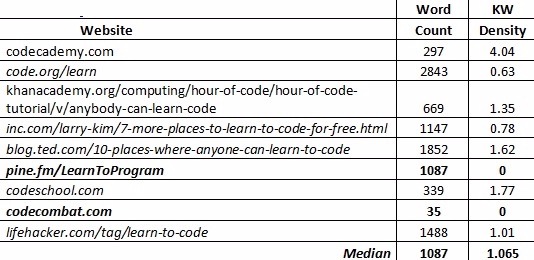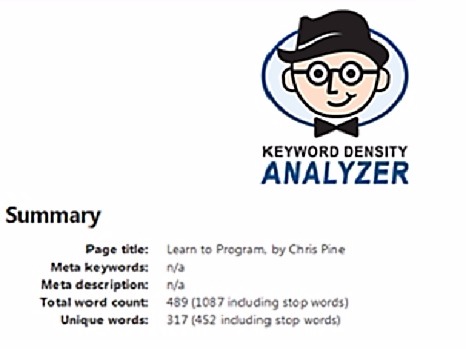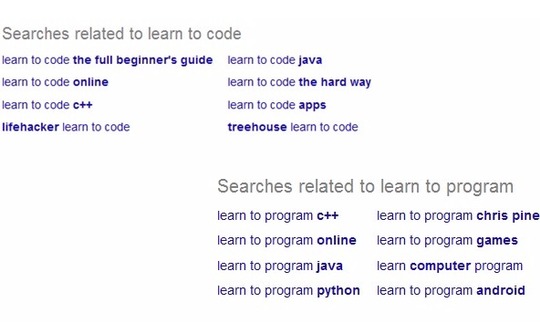Gaming Google in 2015
Is gaming Google a suitable exercise to effectively engage with SEO and optimize a website's search ranking results? Here's why this strategy still has value in 2015.
Is gaming Google a suitable exercise to effectively engage with SEO and optimize a website's search ranking results? Here's why this strategy still has value in 2015.
I recently read a blog post in which the author claimed, “The days of gaming Google are over.” What an absurd statement. If you are an SEO, gaming Google is what you do. As long as Google uses algorithms to serve up search results, there will always be a way to exploit it. The polite term that we use to describe such exploitation is search engine optimization.
The good news is, there will never be an easier time to use SEO to game Google than right now. Over time, it will become more difficult to reverse engineer ranking factors as the algorithm improves. The signals will become much larger in number and more subtle.
In a recent interview, Gary Illyes pitched the Google company line, “I see many, many websites that are not doing much SEO on their websites and they are doing remarkably well. If they can do it, then pretty much anyone can do it.”

The reality is that it’s nearly impossible to do remarkably well in a competitive niche without engaging actively in SEO. This is a variation on the Matt Cutts credo, “Write for users, not search engines.” The fact of the matter is, you need to be writing for both.
The Hummingbird algorithm ushered in the first wave of algorithm subtlety. Instead of relying strictly on keywords, this update factored in user intent to determine the full context of what a page is about. This changed how pages should be written and optimized in a rather profound way.
There was a time that it was enough to just check out a competitor’s keyword density and replicate it when optimizing a page. Actually, if a targeted keyword phrase did not appear on the page at least once, it was highly unlikely – if not impossible – for it to appear in the Google SERPs. That has all changed with Google integrating Latent Semantic Indexing into the algorithm.
Here’s an example. If you conduct a search on Google for “learn to code,” the following nine organic results appear on the first page (news results excluded):

I find the search result pine.fm/LearnToProgram to be especially interesting, as the keyword phrase “learn to code” is not used in the title tag, the description, or even on the page.

What this means is that Google has determined that “learn to program” is also a good match to the user query “learn to code.” In other words, just including a keyword in a title tag and X times on a page isn’t enough to reach page one. The page needs to be useful, and it needs to semantically earn the right to be there.
That’s what Gary Illyes was getting at when he said, “And what I see is that, in many cases, SEOs ‘over-SEO’ a website. They are trying to rank for keywords or terms that the site doesn’t have great content for.”
I would argue that is really under-SEOing a website. Creating killer content that ranks well is a core component of SEO in 2015. I am not suggesting that keyword density be ignored entirely as a metric. Using the median word count and keyword density percent are a good baseline for testing. For this reason, it’s my opinion that it is still worthwhile.
First and foremost, the page really does need to be useful and deserving of page one status. To determine what this means, review the top ranking pages and the related phrases on these pages. Look for patterns. What phrases are common among the top search results? What related phrases are appearing in search results? In the case of “learn to code,” this would include “tutorial,” “programmer,” and “programming,” among others.
Don’t forget to look at Google’s suggestions at the bottom of your search results:

I suspect the same algorithm powering these suggestions is also being used to serve up search results.
Gaming Google will never be any simpler than it is today. However, what is involved is much different than what was included in previous years. High volume exploits – otherwise defined as lots of links and pages – have been replaced by high quality content and links to earn your position.